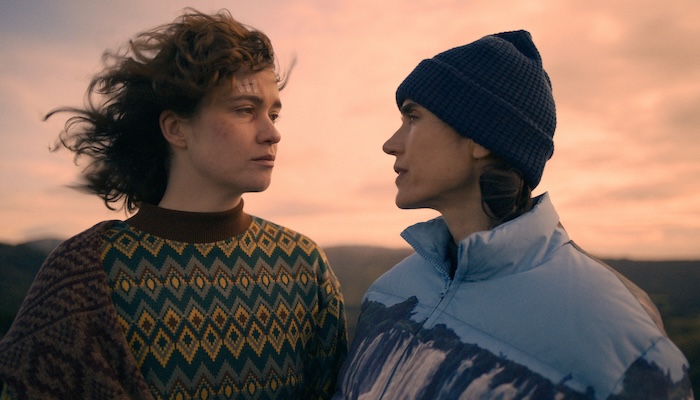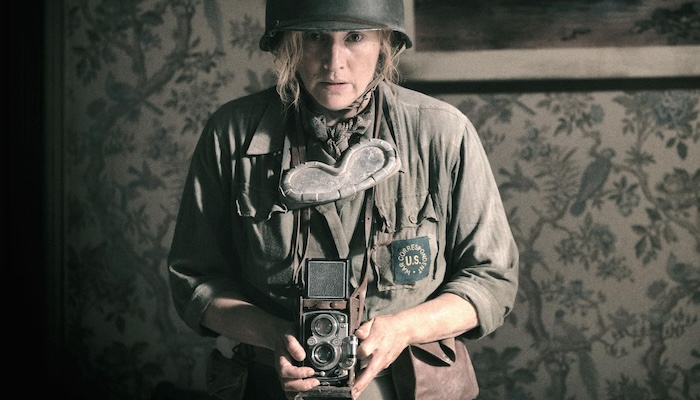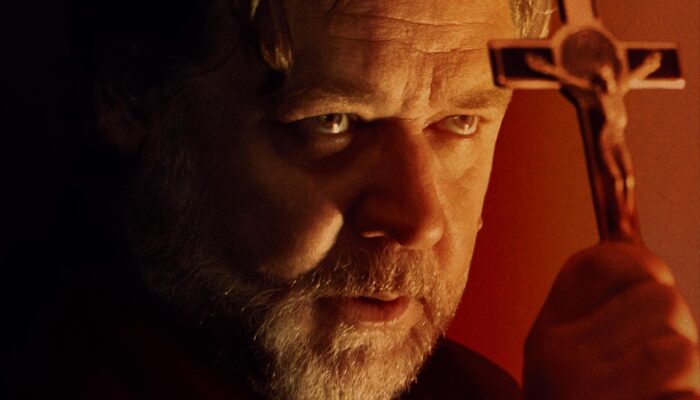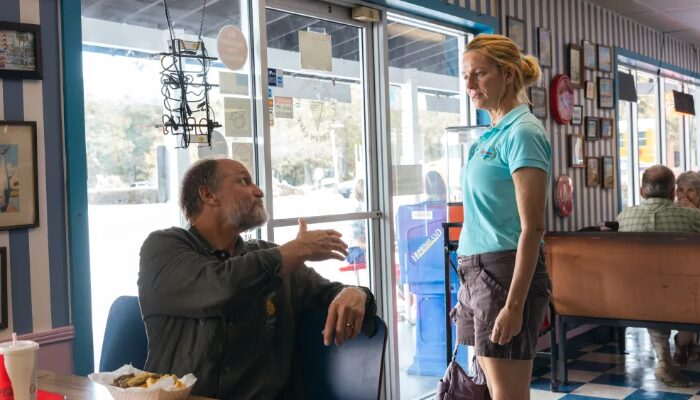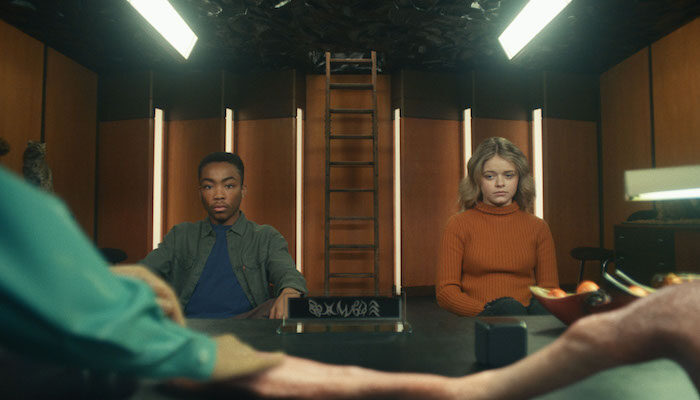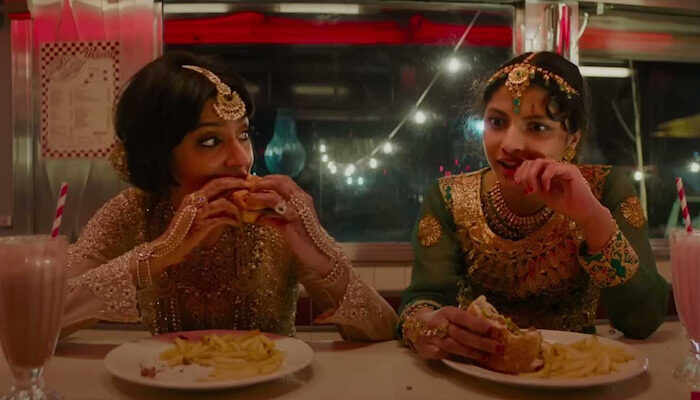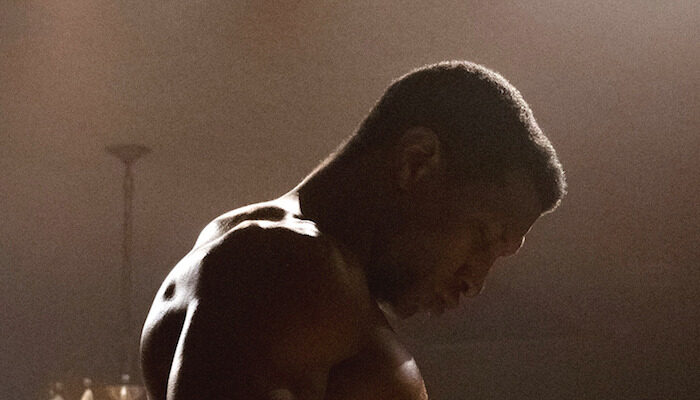Film Review: DOWNFALL: THE CASE AGAINST BOEING: An Aggravating Insight Into The Tolls of Corporate Greed and Malfeasance [Sundance 2022]
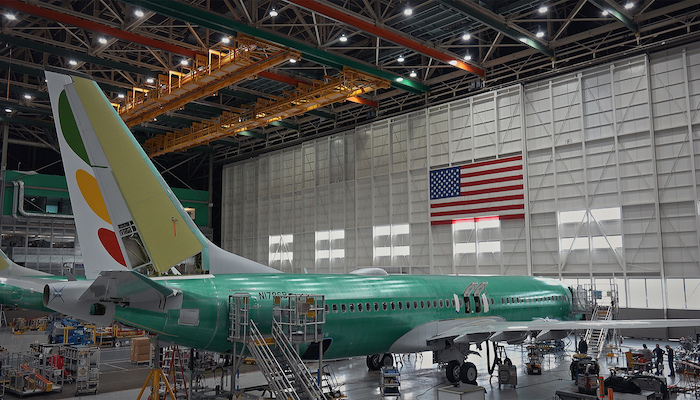
Downfall: The Case Against Boeing Review
Downfall: The Case Against Boeing (2022) Film Review from the 45th Annual Sundance Film Festival, a documentary directed by Rory Kennedy.
Late capitalism is just a never-ending cycle of worker exploitation and deindustrialization in service of making the line go up on Wall Street – company reputation and human safety be damned. This macro-revelation is no longer novel or new to our frequently doomer-pilled generation because it’s just the unfortunate reality we find ourselves residing in as we hope something else will eventually come along and shatter the norm. Still, another documentary shedding light on that fact couldn’t hurt, since a constant reiteration of that message through another of its thousands of neoliberal incarnations keeps us aware of injustices being committed – not to mention keeps us from becoming too complacent with the whole scheme of it, too. And that’s just what Rory Kennedy sets out to do in her well-crafted film Downfall: The Case Against Boeing, a documentation of the rise and fall of an American industrial behemoth.
Kennedy uses the October 2018 crash of Lion Air Flight 610 in Jakarta to springboard us into an extensive history of the engineering company. Starting with that headlines-grabbing crash of their new jet, the 737 MAX, and the PR fallout that sent waves throughout the world of aviation, Kennedy and her writers Mark Bailey and Keven McAlester then go back and examine Boeing as a once-renowned company known for its risk-taking ventures and innovation.
Through interviews with current and former Boeing employees, current and former pilots, and other aviation experts, Kennedy paints a portrait of a company that managed to be groundbreaking without sacrificing financial and workplace equity. A hefty focus is given to their local ties to Seattle and their provision of a middle-class lifestyle for thousands in the post-World War II era, as well as the leadership’s genuine valuation of their employees’ input. The phrase “we’re like a family here” is such a scrutinized red flag in the modern-day workplace that it’s become a lampooned cliché, but it seems like pre-‘90s Boeing unironically believed in that mantra and held steadfast to it.
Of course, as another clichéd saying goes: all good things must come to an end. And the filmmakers trace the beginning of that end to the 1997 merger of Boeing with McDonnell Douglas, a more business-oriented aerospace manufacturer that took the prior decade’s “cash is king” concept to heart. According to many of Kennedy’s interviewees, gone were the risks and self-reflective challenges in lieu of rehashed ideas and cut corners to keep up with the demand for an ever-increasing revenue stream. Downfall posits that this led to (among many other side effects) the rollout of the 737 MAX, a reconfigured version of their flagship model that promised faster speeds and better fuel efficiency without the need for additional training.
That last bit was a lie, though, as insufficient documentation of a rushed hardware/software add-on led to the deadly Lion Air crash as well as the Ethiopian Airlines Flight 302 crash out of Addis Ababa in March 2019 – both of which resulted in massive congressional scrutiny, corporate shuffling, and a temporary grounding of 737 MAXs all around the world.
Downfall doesn’t just look at the cultural shift leading up to these crashes but also toward the obvious human and ethical tolls they left in their wake. Kennedy lays out how Boeing tried to mitigate its media tailspin via the blame game, shifting the focus onto the involved airlines, the individual pilots, and even the countries themselves. The company’s counterattacks (and, by extent, the media reporting on the crashes) became rife with xenophobia and racism, insinuating shortcomings on these countries’ behalf that would be inconceivable at American airlines – all as a means to distract investigators from the 737 MAX’s structural compromises so that Boeing could maintain, as one interviewee put it, their “culpable deniability”. Again, corporate greed is nothing new to us, and we should all know that capitalism explicitly relies on racism and other forms of oppression to function, but seeing it laid out so blatantly is still nonetheless aggravating.
The doc clocks in at a taut hour and half, yet Bailey and McAlester’s script is jam-packed with so much info that nothing feels as if it’s been given short shrift. Kennedy keeps it lively with some serviceable animated recreations and an energized (albeit speedy) sense of pacing, ecstatically set to a truly wild musical score. So while Downfall: The Case Against Boeing may not be formally daring nor thematically revelatory, it’s still an intricate insight into the malfeasance of the American business world that should rile up anyone with a conscience or a pulse.
Rating: 7/10
Leave your thoughts on this Downfall: The Case Against Boeing review and the film below in the comments section. Readers seeking to support this type of content can visit our Patreon Page and become one of FilmBook’s patrons. Readers seeking more Sundance Film Festival news can visit our Sundance Film Festival Page, our Film Festival Page, and our Film Festival Facebook Page. Readers seeking more film reviews can visit our Movie Review Page, our Movie Review Twitter Page, and our Movie Review Facebook Page. Want up-to-the-minute notifications? FilmBook staff members publish articles by Email, Twitter, Facebook, Instagram, Tumblr, Pinterest, Reddit, and Flipboard.
Related Articles
FilmBook's Newsletter
Subscribe to FilmBook’s Daily Newsletter for the latest news!

